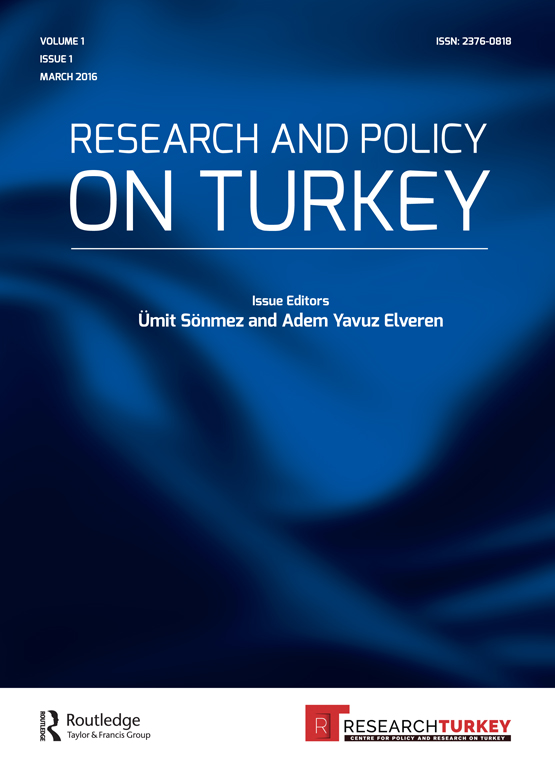CALL FOR PAPERS: Special issue on ‘Protest and Activism With(out) Organisation’ – International Journal of Sociology and Social Policy
The economic, political, social, cultural and environmental crises of our time continue to provoke and inspire a remarkable range of social movements into existence. These multiple forms of protest and activism express and embody a politics of hope, captured in alternative narratives that speak of post-crisis possibilities, and demonstrated through the physicality of collective and popular resistance.
In this context, the Special Issue of The International Journal of Sociology and Social Policy is particularly interested in interrogating the socio-spatial forms of ‘organisation’, with which to better understand how this informs different expressions of, and relationships between, protest and activism across time and space. When taking a closer look at the organisational nature across these activist landscapes for example, it becomes apparent that resistance led through membership-based, co-ordinated hierarchical organisations (e.g. Trade Unions, NGOs) still retains an important visibility and influence in agitating for change. However, in addition perhaps, and in some meaningful way beyond these more traditional forms of organised resistance, there exists important diverse and spontaneous forms of everyday activism – perhaps, consistent with a more horizontal and anarchistic praxis of self-organisation.
Questioning the relationship between activism with – and without – organisation throws up some interesting and important inter-disciplinary questions that this Special Issue would particularly like to address. At the most fundamental level it gives us cause to interrogate the very idea of activism: where does activism begin and end? Who gets to be an activist? Seeking to engage a more nuanced understanding of the differences between organized and unorganized forms of activism provokes the question how informal experiences of activism encourage engagement with more organised forms (and vice versa)? Is the relationship between the two antagonistic, competitive or complementary to each other? How are organisational forms of activism dictated to by specific social and spatial temporalities, particularly at a time of crisis? Indeed in these (post)modern times is it meaningful to frame the organisation of activism within a binary relationship (either formal or informal)? Rather should we be encouraged to consider them on an organisational spectrum of difference (more formal, less formal and so on)? If desirable, how can a more informed complex understanding of the organisational natures of activism allow us to better recognise, value, strengthen and link up different types of patterns of activism and resistance?
To these ends, we welcome papers of up to 8000 words addressing empirical or theoretical aspects focused on organisation of activism and protest, past and present, situated in any part of the world and at any scale.
Submissions
Please send 250-300 word abstracts directly to the Guest Editors, Richard White (richard.white@shu.ac.uk) and Tricia Wood (pwood@yorku.ca )
Deadline
Abstracts should be submited by 15 August 2015
Further Information
More information about The International Journal of Sociology and Social Policy, as well as further details regarding submission, can be found at:
http://www.emeraldgrouppublishing.com/products/journals/journals.htm?id=ijssp



